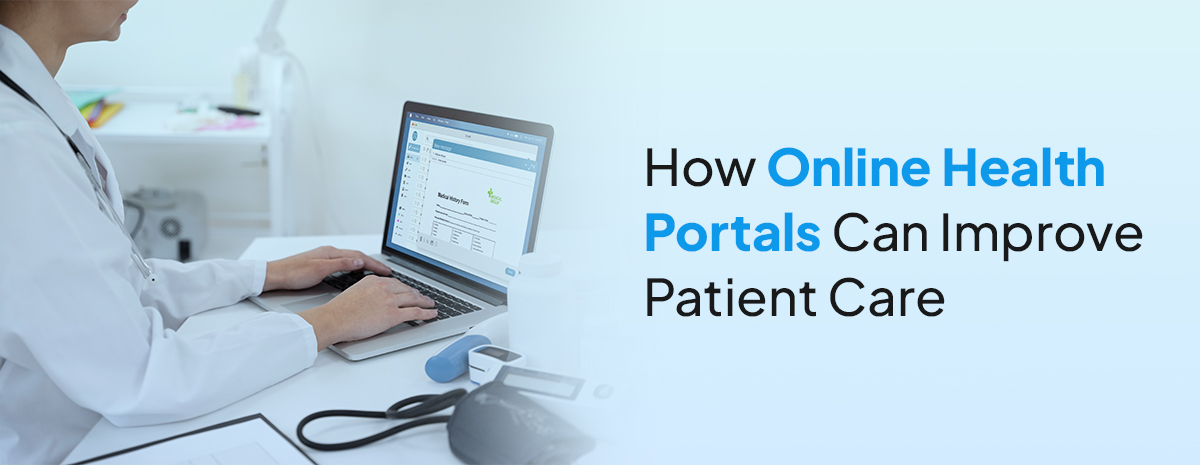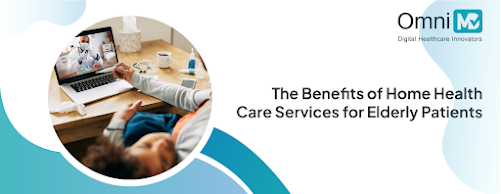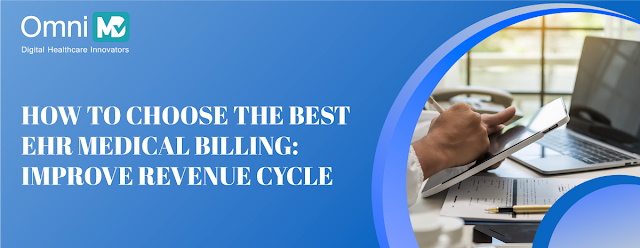How Online Health Portals Can Improve Patient Care
An Online Health Portal is a secure online website
that provides patients with 24/7 access to personal health information. The
patient is provided with secure credentials, such as a username and a password,
with which they can view their personal health information, such as recent
doctor visits, immunizations, medications, lab visits, and discharge summaries.
This information can be accessed from anywhere with the help of an Internet
connection. Here are some ways portals can improve patient care and play a pivotal role in
healthcare.
Benefits of Online Health Portals:
Online portals provide immense convenience to patients by improving communication with their doctors and making the process more manageable. These systems help save time when they sign up as they don't have to fill out personal information repeatedly. This also results in fewer errors and inconsistencies in their medical records and files. Depending upon the portal they use, they may be able to securely message their doctor, schedule non-urgent appointments, request prescription refills, download, complete forms, and update contact information. Also, patients can access their health information on a 24/7 basis and schedule appointments online. This makes these systems an essential part of the patient experience since patients can be in touch with doctors whenever it's most convenient for their schedule.
Such portals can help increase efficiency by making communication between patients and doctors easier. Receptionists and nurses in doctors' offices no longer deal with non-urgent requests over the phone. All this non-essential communication can be moved online. This helps free up the phone lines in the doctors' offices for more urgent communication and other essential healthcare needs.
With the help of a Patient Health Portal, doctors can reduce the number of unnecessary visits to their offices, thus allowing them to schedule those patients who need to see them. They can see other patients remotely through telemedicine. For example, if a patient requests a change in medication dose, this does not require a doctor's appointment but can be done through the health portal. Thus, the doctor's time is saved, and they can allocate the slot that would have been utilized for this request for a more critical appointment, say, someone who requires immediate medical attention.
The introduction of online health portals has improved the dynamics, which has led to more and more clinics adopting such portals to provide better patient care. With the help of online health portals, it is possible to provide patient-centric care. Patients can access medical records on the one hand, and on the other, doctors and clinical staff can stay connected with patients through email. Thus, patient satisfaction is increased, which means more customer retention for clinics. Also, patient engagement can be boosted considerably.
Online
portals are moving towards a value-based care model, which can improve the
patient's experience and manage costs. An efficient, accurate, and reliable
portal can increase information accuracy and reduce duplication. Further, it
can reduce unnecessary time on patient records and prescription refills. Thus,
such portals can provide faster and better access to patients as they mature
and get involved in the medical decision-making process.
Online portals enable written communication between patients and nurses, receptionists, and other staff in the physician's office. This reduces the miscommunication that could happen should the patient have communicated verbally on the telephone instead. Also, such portals allow physicians to perform several tasks, such as sending appointments, payment reminders, and even scheduling checkups with patients. Physicians can also send billing information, consent forms, and even educational material to their patients so they can remain informed about their health.
Conclusion
Along with online portals, the use of big data in the healthcare industry will increase more quickly. Patients are becoming more conscious of their health, which has led to the greater adaptability of these portals. Thus, doctors can obtain a lot of data about clinical interactions that could result in better adherence to patient plans and improve the physician's ability to track patient engagement. Also, the demand for such portals has increased due to the growing use of mobile apps and wearables.




Comments
Post a Comment